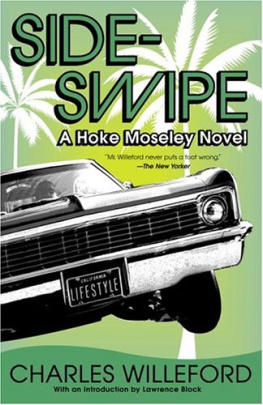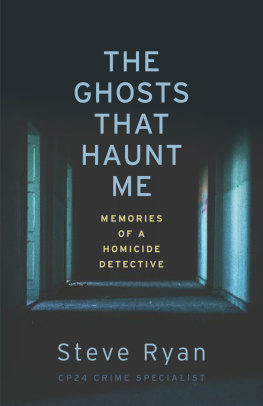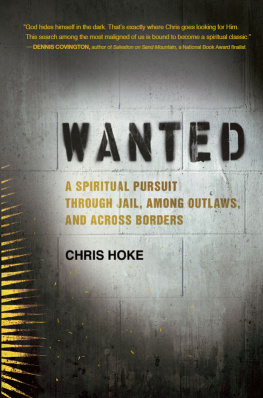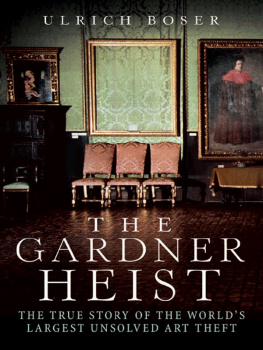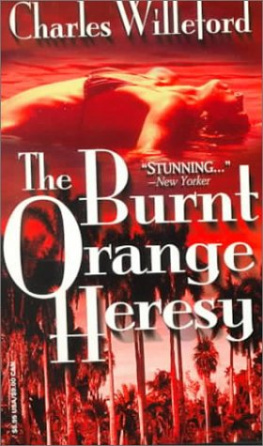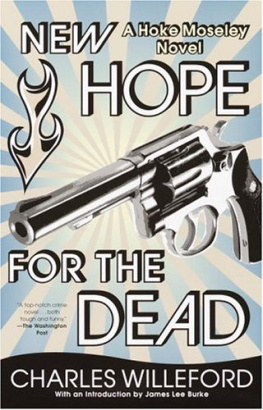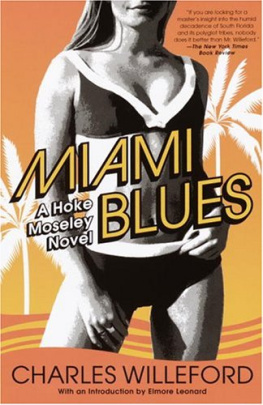SIDESWIPE
by Charles Willeford
Copyright 1987
For Jim, Liz, and fared
Life is an effort that deserves a better cause
-- KARL KRAUS
There's a lot of bastards out there!
-- WILLIAM CARLOS WILLIAMS
SIDESWIPE
Storeowners Gunned Down
in Daring Daytime Holdup
Los Angeles (UPI)--In a daring daylight holdup, Samuel Stuka, 53, and his wife, Myra, 47, owners of Golden Liquors, 4126 South Figueroa Street, were shotgunned and wounded fatally by a tall man wearing a gray cowboy hat at ten this morning, according to Detective Hans Waggoner, University Station, investigator of the case.
"There was an eyewitness," Waggoner told reporters, "and we are tracking some leads now. The man was alone and drove away in a red vehicle that was either a Camaro or a Nissan two-door with a horizontal fin across the trunk."
The eyewitness, who was not named, heard the two shots, the detective said, and dived behind a hedge next to the store. He looked up when the killer got into the vehicle and drove away, but did not get the license number.
"The M.O. is familiar," Waggoner said, "and we have some good leads." He did not elaborate, because the investigation was continuing.
Mrs. Robert L. Prentiss, the couple's daughter, who resides in Covina with her husband and two children, Bobby, 4, and Jocelyn, 2, said that her father had bought the store three months ago, after moving to Los Angeles from Glen Ellyn, Ill., to be closer to his grandchildren.
"He was semi-retired, but needed a place to go every day," she said, "and that's why he bought the store. My mother was only helping him out temporarily--" Mrs. Prentiss broke down then, and could not continue.
The robbery of Golden Liquors was the third liquor store robbery this week in southwest L.A., but the Stukas were the only proprietors killed, Waggoner said. A shotgun was employed in the other two holdups as well.
"Mr. Stuka probably put up some kind of resistance," Detective Waggoner said, "which is a mistake if the robber has a sawed-off."
CHAPTER 1
Detective-Sergeant Hoke Moseley, Miami Police Department, opened the front door of his house in Green Lakes, looked to the left and to the right. Then, barechested and barefooted, and wearing droopy white boxer shorts, he dashed out to pick up the _Miami Herald_ from the front lawn. At six A.M. there was little need for this modesty. His neighbors were not up, and the eastern sky was barely turning a nacreous gray.
The paper was usually delivered by five-thirty each morning by an angry Puerto Rican in a white Toyota, whose erratic throw from his speeding car never found the same spot on the lawn. The driver was still angry, Hoke thought on those mornings when he stood behind the screen door waiting for the paper, because Hoke had returned the delivery man's stamped, self-addressed Christmas card without including a check or a five-dollar bill as a tip.
In the kitchen, Hoke pulled the slippery transparent cover from the paper, wadded it into a ball, and tossed it into the overflowing grocery bag that served as a garbage receptacle. He read the first paragraph in all of the frontpage stories. Another American hostage had been killed by a Shiite skyjacker in Lebanon. The new fare for Metrorail would (perhaps) be a quarter, a half-dollar, or a dollar, but the newest fare system would probably depend on which station the rider used to board the train. An eighteen-yearold Haitian, a recent graduate of Miami-Norland High School, had miraculously managed to obtain an appointment to the U.S. Air Force Academy, and the congressman who had appointed him had just discovered that the boy was an illegal alien and was awaiting deportation at the Krome Detention Center. This item reminded Hoke of the tasteless joke Commander Bill Henderson had told him yesterday in the department's cafeteria.
"How can you tell when a Haitian's been in your back yard?"
"How?"
"Your mango tree's been stripped and your dog's got AIDS."
Hoke hadn't laughed. "That won't work, Bill."
"Why not? I think it's funny."
"No, it doesn't work, because everyone doesn't have a mango tree in his back yard, and not every Haitian has AIDS."
"Most of them have."
"No. I don't have a mango tree and neither do you."
"I mean AIDS. Most Haitians have AIDS."
"Not so. I think the figure's less than one-half of one percent."
"Go fuck yourself, Hoke." Henderson got up from the table and left the cafeteria without finishing his coffee.
Hoke's reaction to Henderson's crummy humor had been another sign, but Hoke hadn't spotted it and neither had Bill Henderson. Ordinarily, when Bill told one of his jokes, Hoke at least grinned and said, "That's a good one," even when it was an out-of-context gag Bill had written down from the Johnny Carson monologue.
But Hoke hadn't smiled for more than a week, and he hadn't laughed at anything for almost a month.
Hoke sprinkled a liberal helping of Grape-Nuts into a plastic sieve and ran hot water from the tap over the cereal to make it soft enough that he could eat it without putting in his false teeth. When the cereal had softened sufficiently, he dumped it into a bowl and covered it with half-and-half. He then sliced a banana into the cereal, upended a pink packet of Sweet 'n Low over the mixture, and took the bowl and the newspaper out into the Florida room.
The sun porch had open, jalousied windows on three sides, and a hot, damp breeze blew through them from the lake. The Florida room faced a square lake of green milk that had once been a gravel quarry. The backs of all of the houses were toward the lake in this Miami subdivision called Green Lakes. Not all of the homeowners, or renters, had glassed-in porches like Hoke. Some of them had redwood decks in back; others had settled for do-it-yourself concrete patios and barbecue pits; yet all of the houses in Green Lakes had been constructed originally from the same set of blueprints. Except for the different colors they had been painted, and repainted, and the addition of a few carports, there was little discernible difference among them.
Hoke sat at a glass-topped wrought-iron table in a webbed patio chair and then realized that he didn't have a spoon. He returned to the kitchen, got a spoon, sat at the table again, and slowly gummed his Grape-Nuts and chopped bananas as he read the sports section. Ron Fraser, the Miami Hurricanes' baseball coach, who had coached the team to its second win in the college World Series in Omaha, said he might retire in three, maybe four more years, or he might even renegotiate a new contract. It must be hard, Hoke thought, for a sports writer to turn in something every day when there was nothing worthwhile to report.
Hoke then turned to Doonesbury, which was poking fun at Palm Beach for requiring mandatory ID cards for nonresident blue-collar workers on the island. Hoke was overwhelmed instantly with a formless feeling of nostalgia. Palm Beach was right across the inlet from Singer Island, and Singer Island, at the moment, was where Hoke wanted to be. Not in his father's huge four-bedroom house up there, on the Lake Worth intracoastal waterway, but in a hotel or motel room facing the sea where no one could find him and force him to read the fifteen new Incident Reports, with their fifteen attached Supplementary Reports, or "supps" as they were called in the department.
Hoke shook his head to clear it, glanced at the box scores, and noticed that the Cubs had dropped another game to the Mets--three so far in a three-game series. He threw the paper down in disgust. The Cubs, he thought, should be able to beat the Mets every game. What in hell was the matter with them? Every season it happened this way. The Cubs would be three or four games ahead of everybody, and then drop into a mid-season slump, and then down and down they would plummet into the supps, the supps, the supps...
Next page
